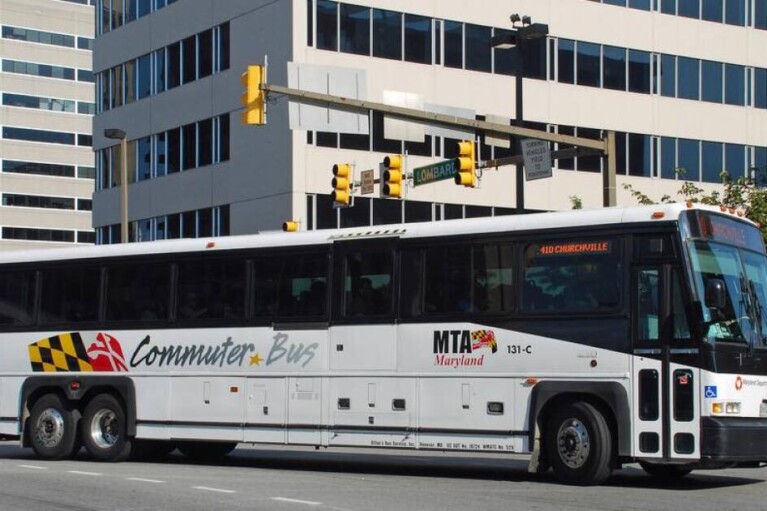Opinion: Negotiating With Your Landlord During COVID-19

The COVID-19 crisis is creating specific challenges for small business owners. Many have had to shut businesses deemed non-essential. Others are seeing fewer paying customers due to record unemployment, lower consumer confidence, and safety concerns. More are having difficulty retaining employees and managing strains on their supply chain.
These issues are creating cash-flow problems that affect small business owners’ ability to pay bills, including rent.
I’ve served as an in-house counsel, overseen commercial revitalization, and have managed rent negotiations for commercial landlords.
I always tell business owners: “You will have more success working with your landlord as a business partner than as a legal adversary.”
While small business owners are having difficulties meeting obligations and paying employees because of this crisis, many of their landlords are in the same situation.
Time spent on a drawn-out legal dispute usually would be better spent on activities that can generate profit. And costs of time, money and damaged relationships are usually avoidable.
Landlords and tenants have a shared interest in minimizing the toll this crisis takes on their business. Achieving that requires a plan to manage rent payments during, and after, the crisis.
Although it is not a small favor, a landlord would rather have less rent and a long-term plan than a vacancy.
Demand for commercial real estate is down. If a landlord evicts a tenant now, the landlord risks that property becoming vacant. Vacancies are bad for the real estate business. Vacancies drive down property values and can draw unsavory activity to the neighborhood. Plus, protecting vacant property costs money that the landlord may not recover.
Before negotiating with a landlord business owners need to:
- Determine what legal leverage they have with their landlord and what leverage the landlord has over them;
- Be honest about their history with the landlord and understand how to either leverage or address issues;
- Assess their business finances and operations;
- Determine what they can afford to pay their landlord now;
- Develop a plan to recover after COVID-19 and pay their landlord an agreed upon amount over time.
Landlords use a similar framework to negotiate with their vendors and creditors in hard times.
Business owners should check their landlord-tenant agreements to see if there is a Force Majeure clause that would allow them to exit a contract in the event that an act of nature, outside of their control, makes performance impossible. That clause also can be negotiating leverage to get a rent reduction or temporary waiver.
If the tenant has breached some part of the agreement, the tenant needs to offer a plan to correct that. If the landlord has breached part of the agreement, the tenant can use that to negotiate a rent reduction.
Also, if the landlord agreed to do something for the tenant’s benefit, such as property upgrades, the tenant may be able to trade that for rent relief.
Tenants who have a history of delinquent payment need to address that issue and develop systems to assure their landlord it will not recur. Tenants who pay on time have a more legitimate case to make to their landlord.
For further guidance, business owners should contact an adviser or lawyer with experience in landlord-tenant rent negotiations.
— RONALD E. STUBBLEFIELD
The writer is an attorney in Baltimore.




 Creative Commons Attribution
Creative Commons Attribution